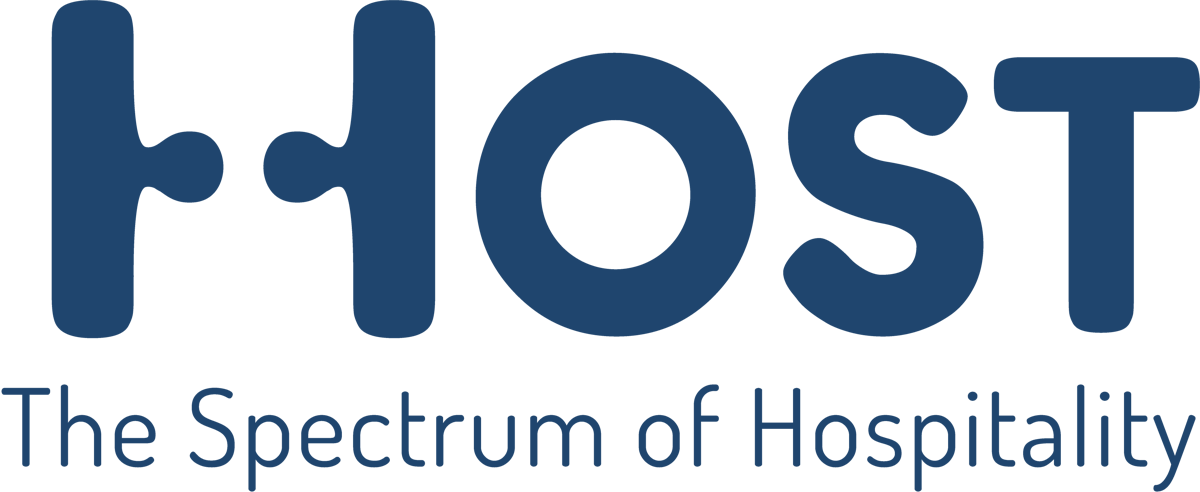Monotropism: Exploring Singular Focus in Autism

Autistic people are renowned for their narrow and intense focus. The concept of monotropism, introduced by autistic autism researchers Dr Dinah Murray (1946-2021) and Dr Wenn Lawson (1952), provides a fascinating perspective on the singular focus characteristic of autism. Dr Murray and Dr Lawson argue that monotropism is a fundamental aspect of cognition in autism and can directly or indirectly explain all features associated with autism. In order to create a supportive and autism-friendly environment (e.g. in the workplace), it is crucial to understand monotropism as it brings both strengths and challenges which shall be addressed.
Essentially, monotropism is a cognitive style characterised by a kind of “tunnel vision”. Non-autistic people’s cognitive style tends to be polytropic, meaning that they can switch attention between various tasks and stimuli quickly and take in more information on a surface level, however, they are prone to missing nuance and detail. In contrast, the monotropic mind concentrates resources on one thing at a time. Monotropism contributes to repetitive behaviours in autism by shaping the individual's focus on a particular activity, a 'special interest', a stimulus, or anything else to the point of excluding others. While this singular focus lets autistic people excel in repetitive, monotonous tasks and brings great attention to detail, it also makes transitions or processing multiple things at once hard. Moreover, people with a monotropic cognitive style may miss 'the bigger picture'.
One of the core features of autism is difficulty in social situations. Because of their singular focus, autistic people may struggle to simultaneously combine various aspects of communication: analysing the social context and figuring out what behaviour is appropriate, maintaining eye contact, thinking about what they have to say, putting it into words (especially if they are visual thinkers), speaking, gesturing and showing the proper facial expressions, listening and processing what they've heard, looking for subtle, hidden meanings, and seeing and interpreting others' nonverbal communication. In addition, each conversation happens in an environment whose stimuli must also be processed. In places with many sensory stimuli, autistic people can find it increasingly difficult to maintain a conversation.
Because the autistic brain struggles to process and cope with multiple channels of information at once, it can easily become overflooded with information, leading to cognitive or sensory overload and, occasionally, a meltdown or shutdown. In this context, it is also important to note that, while autistic people are often sensitive to particular stimuli, it is most often complex sensory input which is overwhelming and leads to overload and extreme reactions.
By learning about monotropism, we can explore the cognitive profile of autistic people and pave the way for adequate support systems and necessary accommodations in the workplace and in general. Recognising and understanding monotropism is paramount for creating inclusive spaces and welcoming and appreciating autistic people as meaningful, invaluable members of society.
If you wish to learn more about our project and creating autism-friendly workspaces, follow our Facebook page!
